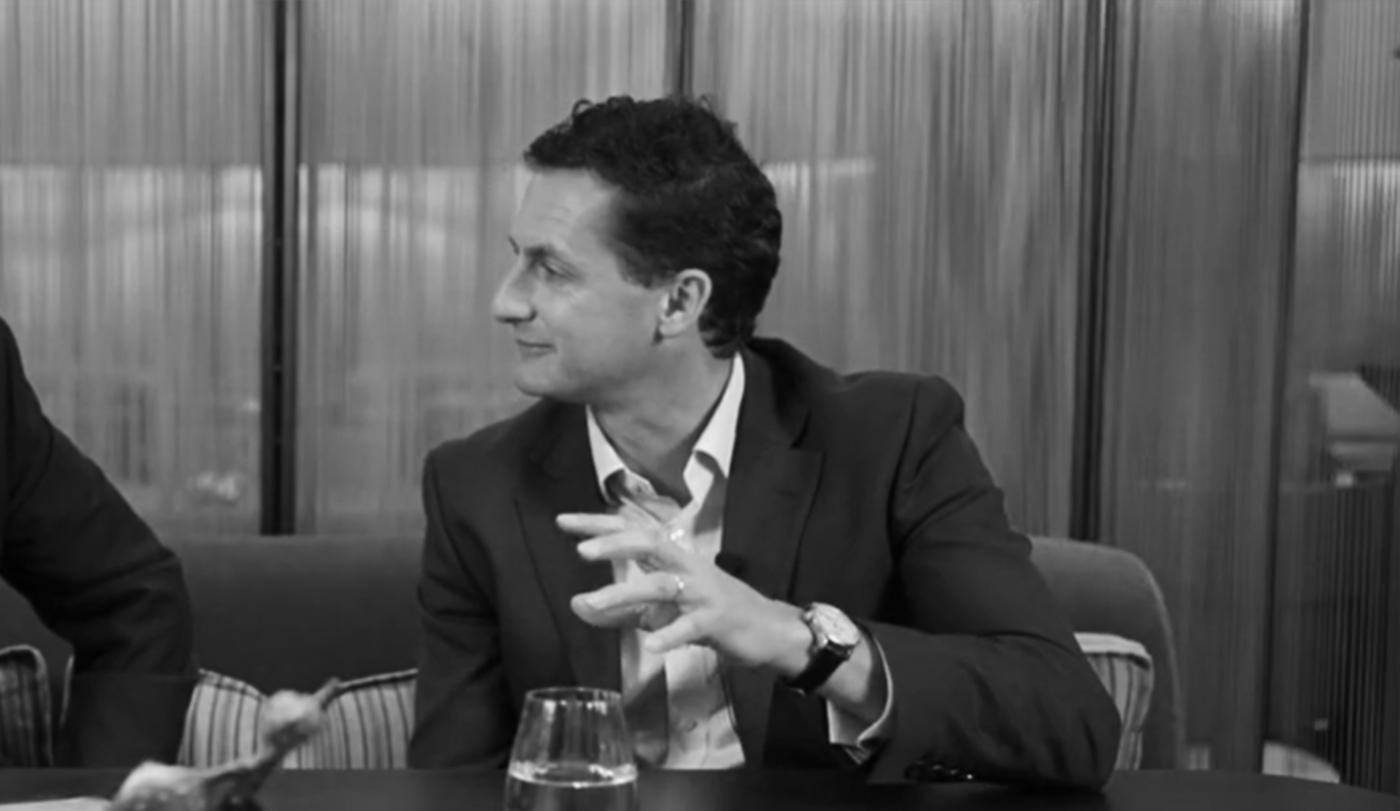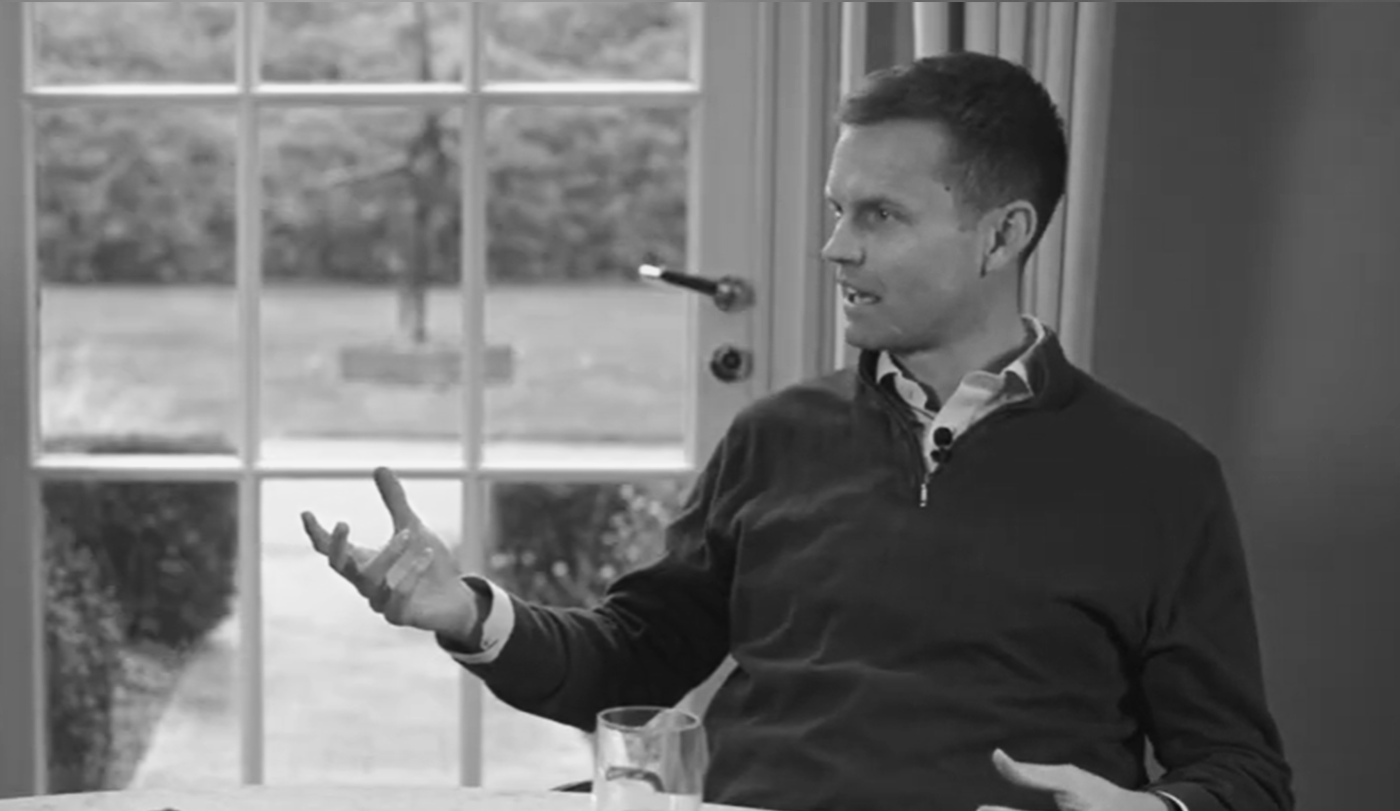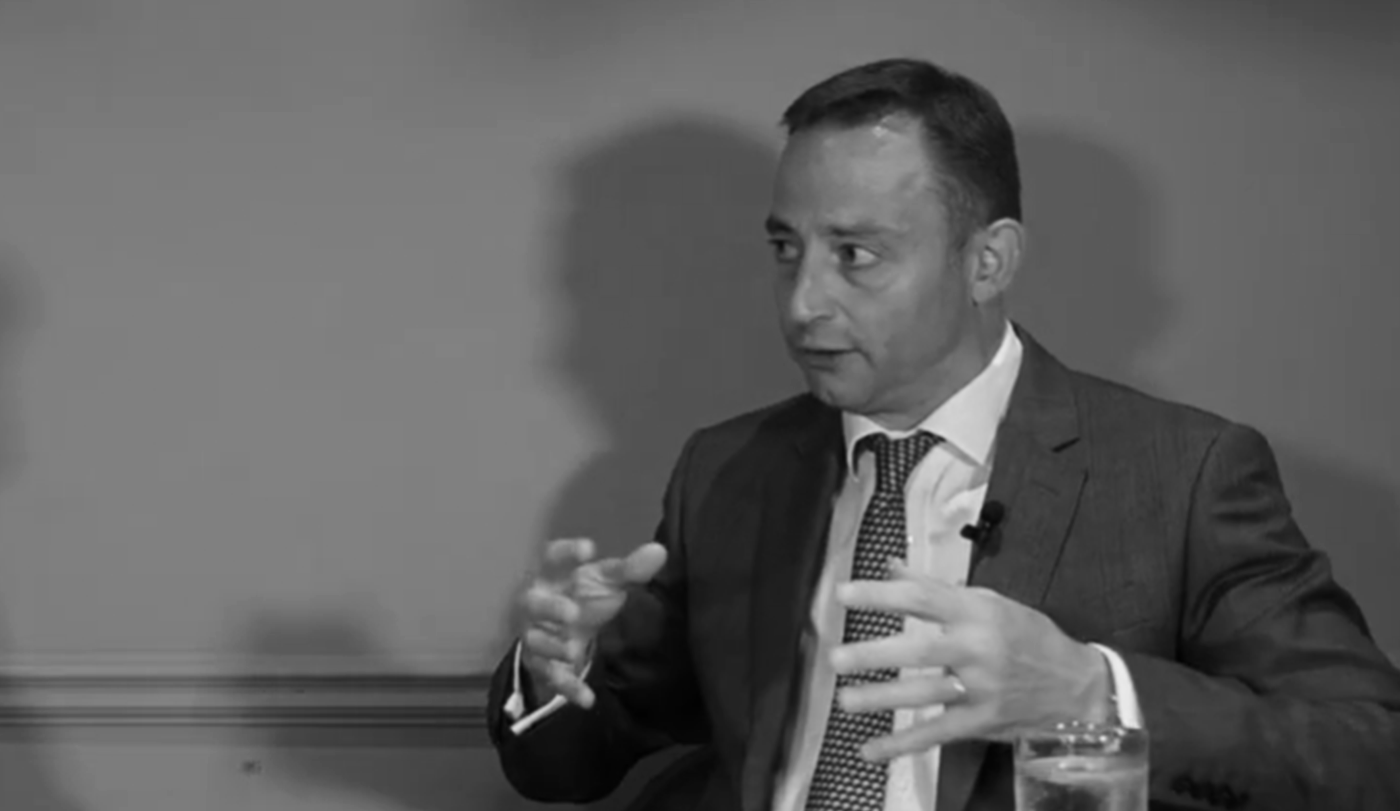Downing fund manager Rosemary Banyard on the key ingredients for long-term compounding in equities and some examples of where they can be found in the UK market
Investing in outstanding businesses and with outstanding management teams are two of the five ‘prerequisites’ for long-term compounding in equities, according to Rosemary Banyard, manager of the VT Downing Unique Opportunities Fund.
“By outstanding businesses, I mean companies that have ‘moats’ – barriers to entry that are going to keep out competitors in the long term,” she elaborates in the above video, which was filmed at Wealthwise’s inaugural Wealth Forum towards the end of last year. “If you are going to own something for the long term, you want to be sure it is not going to see its margins competed away.”
As for what makes an outstanding management team, she continues: “Obviously that is quite subjective – but there are certain objective elements I look for. One is ‘skin in the game’ – so, for me, above-average equity stakes held by directors in a business is a ‘ticked box’.
As a fund manager, you do not want to be forced to sell out of a company because it moves from one index to another.”
“And, if you have not got that, better that the company has an incentive scheme that targets return on capital employed. Why? Because then, if you are going to spend shareholders’ money, you are going to think quite hard about whether you are going to spend it well, rather than just boosting earnings per share.”
Unconstrained approach
Next up for Banyard are a business with a relatively low market share in a big market – “so it can keep going for years, taking market share” – and an unconstrained approach to investing. “As a fund manager, you do not want to be forced to sell out of a company because it moves from one index to another,” she explains. “If one of our companies moves from small-cap to mid-cap or mid-cap to FTSE 100, we don’t have to sell. We can keep on holding and let it do its stuff.”
Banyard’s final ingredient for long-term compounding is patience. “It is interesting that the shares of Berkshire Hathaway sidelined for seven years in the early 2000s,” she points out. “They have been a fantastic performer since then but how many people would have had the patience to wait through those seven years?”
You can view the whole video by clicking on the picture above, while the timecodes for individual questions are:
00.00: What are the prerequisites for long-term compounding in equities?
02.22: Can you still find long-term compounders in the UK equity market?
03.44: What were your key takeaways from the Autumn Budget?









